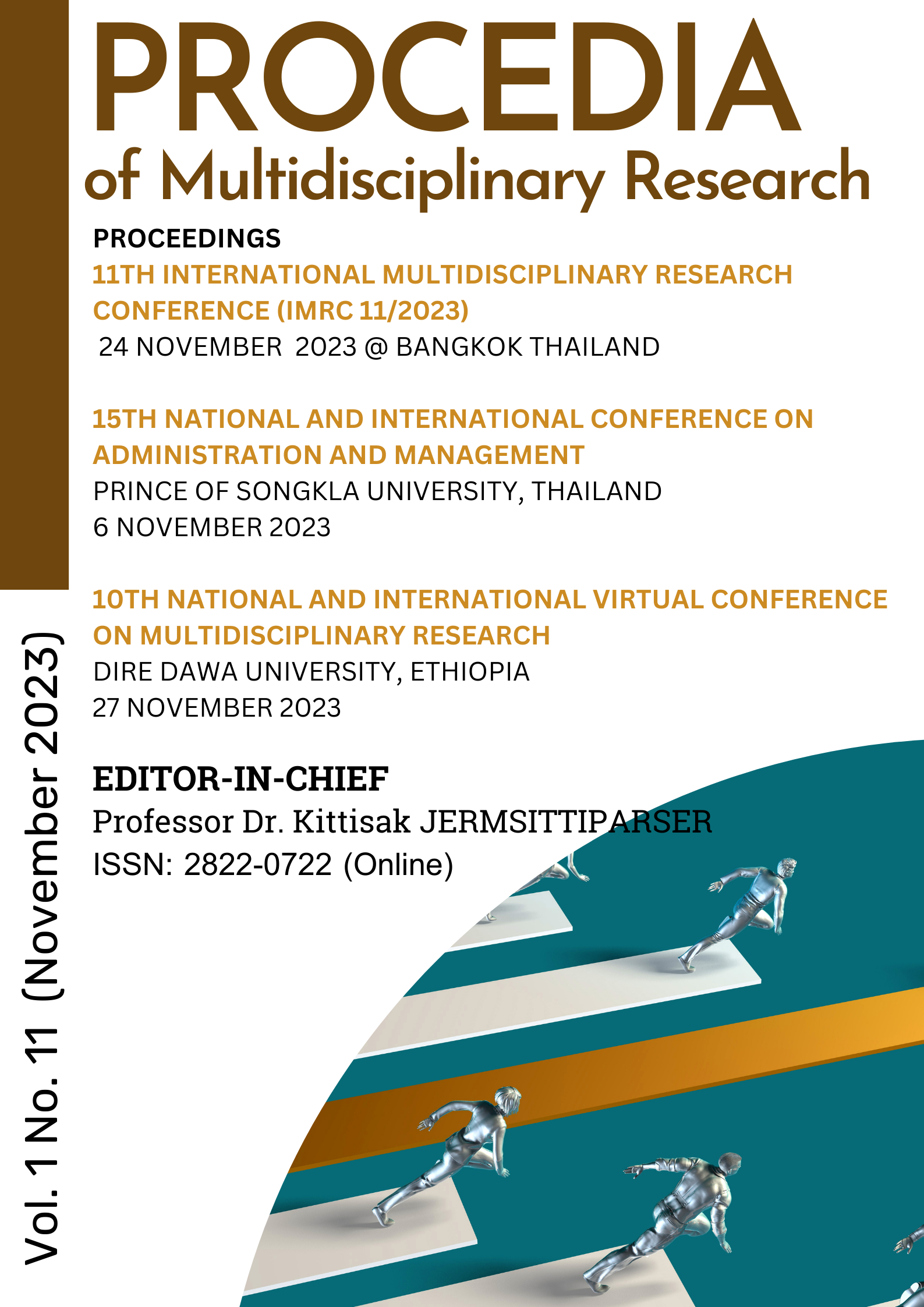CRYPTOCURRENCIES AND THE FUTURE OF GOOD FINANCIAL GOVERNANCE
Keywords:
Cryptocurrencies, Future of Good Financial GovernanceAbstract
This research aims to draw distinctions between the Monetary School and Kakistoscryptocracy, as well as to examine how cryptocurrencies might shape the future of effective financial governance. The investigation relied on documentary research, revealing that the Monetary School primarily focused on principles like government-backed currency, central bank supervision, and monetary stability. In contrast, Kakistoscryptocracy emphasized unregulated activities by non-state actors in the digital realm, challenging conventional governance systems with wide-ranging global implications. Furthermore, our investigation revealed two distinct cryptocurrency scenarios: one featuring government-based digital currencies (GCs) and the other non-government-based cryptocurrencies (NGCs). The best scenario held the promise of positively revolutionizing financial governance through the introduction of advanced tools promoting transparency and inclusivity. However, the worst scenario argued that these currencies also posed risks to financial governance, including the potential for surveillance, erosion of privacy, and facilitation of illicit activities, which could have jeopardized global financial stability. Based on a SWOT analysis, three strategies for governments to address Kakistoscryptocracy were as follows: enhancing regulatory frameworks, promoting a Central Bank Digital Currency (CBDC), and fostering collaborative international efforts.
Downloads
Published
Issue
Section
License

This work is licensed under a Creative Commons Attribution-NonCommercial-NoDerivatives 4.0 International License.







.png)


